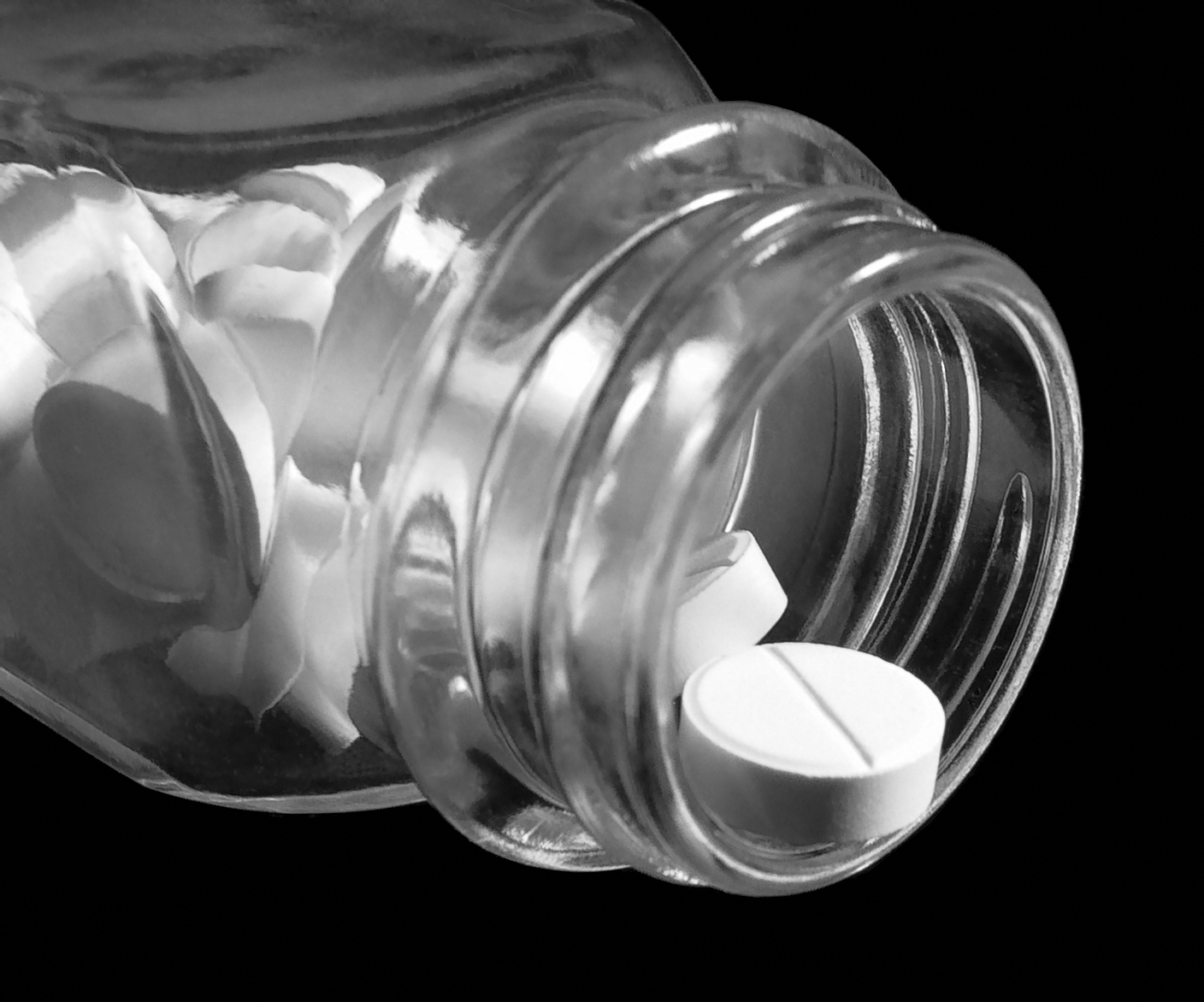For a long time, I’ve wanted to write about spironolactone for acne treatment. I’ve found it to be the most, perhaps only, way to cure acne for at least a sizeable sector of women acne sufferers. While there seem to be enough testimonies to its effectiveness on the Internet, one more would not hurt. Those who are contemplating this treatment can feel more motivated to for for it when they come across my blog.
If you are a persistent acne patient, and have tried over-the-counter medicines and oral antibiotics but to no avail, you might not need to turn to Accutane, which I heard is a scary drug. Acne in many women is caused by hormones. Spironolactone seems, from what I observed, the ultimate cure with the least side effects. In my case, it seems to have had no side effect at all.
I have heard of this medicine for some time. Yet I always turned to antibiotics such as meocycline and tetracyline whenever I suffered from acne flare-ups in the past. These proved to be quite effective. In some places like Hong Kong, pharmacies sell antibiotics even without prescriptions! There was a small family-run pharmacy near where I lived. The guys there seemed to know a whole lot about antibiotics along with other prescription medicines (I even overheard them coaching a customer on how to package and mail the meds to evade the attention of the post and custom officers–this is not something they should have done–but it is a different topic). The problem with antibiotics is that they tend to be less effective over time and I cannot take them for a long period for fear that they would kill the good bacteria in my body.
***
I began taking spironolactone in April 2020, when I had a sudden bout of acne on areas of my face that used to be very clear and smooth. There could be a number of reasons for this sudden onslaught of acne. Many people complained about worsening skin conditions during the pandemic and attributed them to the masks they wore. In my case, I believe that stress was the culprit. Stress caused our hormones to fluctuate. The pandemic led to mental illnesses: acne flare-ups were no surprise. Looking back I should perhaps feel thankful as it prompted me to bite the bullet and ask for what I believed would be a better long-term cure than antibiotics for hormonal acne.
Ever since taking a daily dose of 100 mg spironolactone (which is normally prescribed to treat high blood pressure), I have suffered no more acne, except very minor premenstrual flare-ups that would be gone in a couple of days. Yes, I can eat all kinds of food, e.g. spicy food, beef, fries–not that I would consume them in excess due to health concerns. I only use the simplest, most basic skincare products to maintain my very soft, spotless skin.
There is one thing to watch out for, however. In my experience, spironolactone is far less effective when taken with food, or at least certain kinds of food. I could not identify which foods interfered with my absorption of the drug. In the first six months I took it with a full breakfast every morning: sometimes rice with fish; at other times, a breakfast combo from McDonald’s. It was only moderately effective: I still had occasional stubborn pimples. It suddenly dawned upon me that the food I ate might have interacted with it.
I could not afford to find out whether it was the caffeine in the milk tea, the carbs in the harsh browns, or the proteins in the fish that interfere with its functions. Upon suspecting that the food accompanying the medicine was the cause, I began taking the medicine on an empty stomach. Within a month it worked miraculously. In addition, some dermatologists would advise patients not to take it with potassium-rich foods, or require that they take a blood test to show that the potassium levels are within the healthy range before prescribing them the drug. For my own safety, I did went for a blood test, even though the dermatologist did not require it. As my potassium level has remained within the healthy range, I am still eating tomatoes every day.
I need to note that the dermatology prescribed one year of spironolactone and two months of antibiotics (I forgot which one–it ended with “cycline” and so was very similar to the other two mentioned above), even though I let him know that the acne was hormonal and antibiotics did not work that well long-term. He likely believed that spironolactone works slowly and the antibiotics would help to alleviate my condition more quickly.
***
It was a doctor on GetMaple.ca who wrote me a one-year prescription. When it ran out I would just consult him again. While I was living in Europe, I travelled to the U.K. to mail order it from a reliable, or genuine, pharmacy called Medical Specialists Pharmacy that is based in Manchester. The staff there is super helpful! German dermatologists do not prescribe this drug for off-label use. Well, it’s very unfortunate that despite all the recognition and fame that the German pharmaceutical industry enjoys, German doctors are fairly inflexible and conservative in their treatment approaches and medicine prescriptions.
I learned that some trans women take this medicine to boost their female hormones: to enlarge their breasts and make their general appearances more feminine. I have taken it daily for almost four years and have not noticed any side effect: if there have been side effects they have proven to be obtrusive and unnoticeable in my case. One of the most undesirable effects of Accutane include chapped lips and severely dry skin, so they say. Spironolactone can be potentially drying too, as the skin becomes less greasy. Then, again, when skin becomes smooth and fine, a light moisturizer will do the trick.

